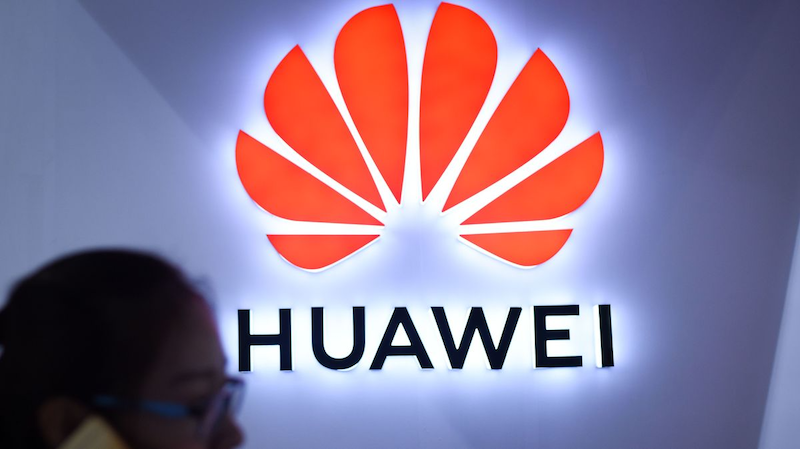While the Chinese telecommunications manufacturer Huawei may be most famous in Canada for the Vancouver arrest of chief financial officer Meng Wanzhou, the company’s influence is much closer to McGill than that event might suggest. Despite security experts’ concerns that the company may be operating as an intelligence asset for the Chinese government, Canadian universities, including McGill, have accepted roughly $50 million in total from Huawei to fund research and development initiatives. It would be easy to dismiss accepting these ‘gifts’ as irresponsible; however, increasingly-tight budgets have made it difficult for universities to do anything else. Simply barring universities from accepting Huawei’s money is not a sufficient response to the risk of foreign espionage. Governments need to ensure that universities are financially viable in the long term, whether through increasing direct funding or partnering with more reputable members of the private sector.
Security experts from around the world, including former Canadian Security and Intelligence Service (CSIS) director Ward Elcock, have expressed concerns that Huawei’s products—which range from smartphones to large-scale network infrastructure—include deliberate security backdoors to assist the Chinese government in spying on their users. For instance, security vulnerabilities in Huawei cell towers might allow Chinese intelligence agents to intercept political or economic information sent over the company’s network. The head of the United Kingdom’s Secret Intelligence Service and the U.S. House Intelligence Committee have described Huawei as a national security threat, and Germany may be following their lead.
This concern extends to Huawei’s funding of universities. The company has dedicated $50 million to funding research at Canadian universities, including McGill. In December, CSIS briefed approximately 20 McGill researchers who received funding from Huawei, warning them that they were producing ‘dual-use technology’ that could be appropriated for military purposes.
Technology espionage is more than a hypothetical concern. McGill associate professor Ishiang Shih was arrested in Jan. 2018 on suspicions that he was aiding an effort to leak U.S. military technology to China. Nortel, a Canadian telecommunications company, disbanded in 2013 after being undercut by Huawei using allegedly-stolen technology, costing the Canadian economy tens of thousands of jobs.
Despite the potential threat posed by Huawei, Canadian universities continue to partner with the company because they need the funding. As the largest telecommunications equipment manufacturer in the world, few companies can compete dollar-for-dollar with Huawei. This poses a dilemma for researchers: Refusing Huawei’s money could spell the end of their project, but, by accepting it, they put themselves in the difficult position of relying on an organization with possible ulterior motives. This applies at the institutional level, too. Canadian universities are strapped for cash: McGill is chronically underfunded by the province, while, in Ontario, universities just lost $360 million to Doug Ford’s tuition cut. Extra money—regardless of its source—is difficult to turn down.
The best way to limit Huawei’s influence over Canadian universities is to crowd out their money. The more alternative funding sources that exist for researchers and universities, the less leverage Huawei has. More government funding for our universities may be necessary. When the status quo involves risking decades of technological vulnerability, it is clear that funding universities isn’t just a social good; it is crucial to national security.










So what has McGill done in the two years since this was published? Don’t blame acceptance of money from China on university underfunding, everyone should have a conscience especially those trusted with teaching our children. The students are the ones who will have to live with the inevitable consequences. Shame on McGill.